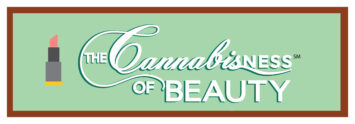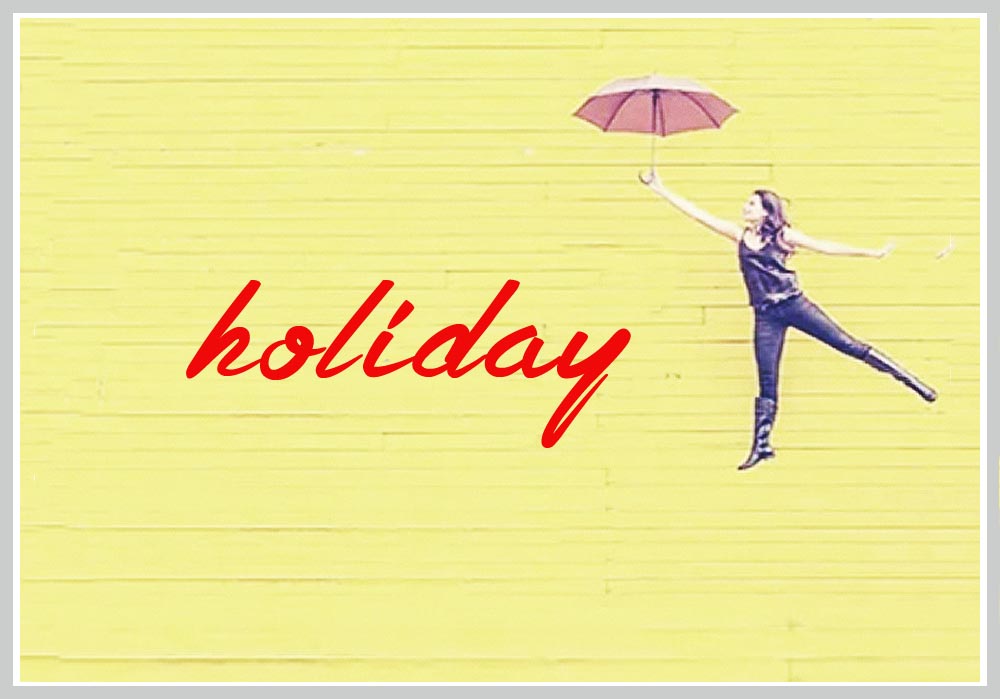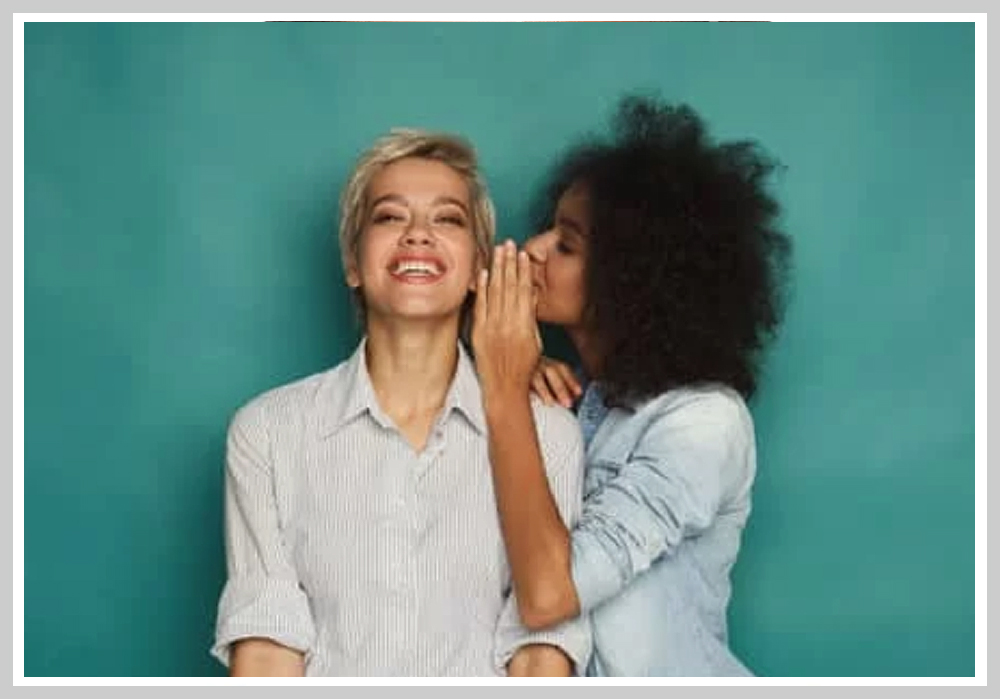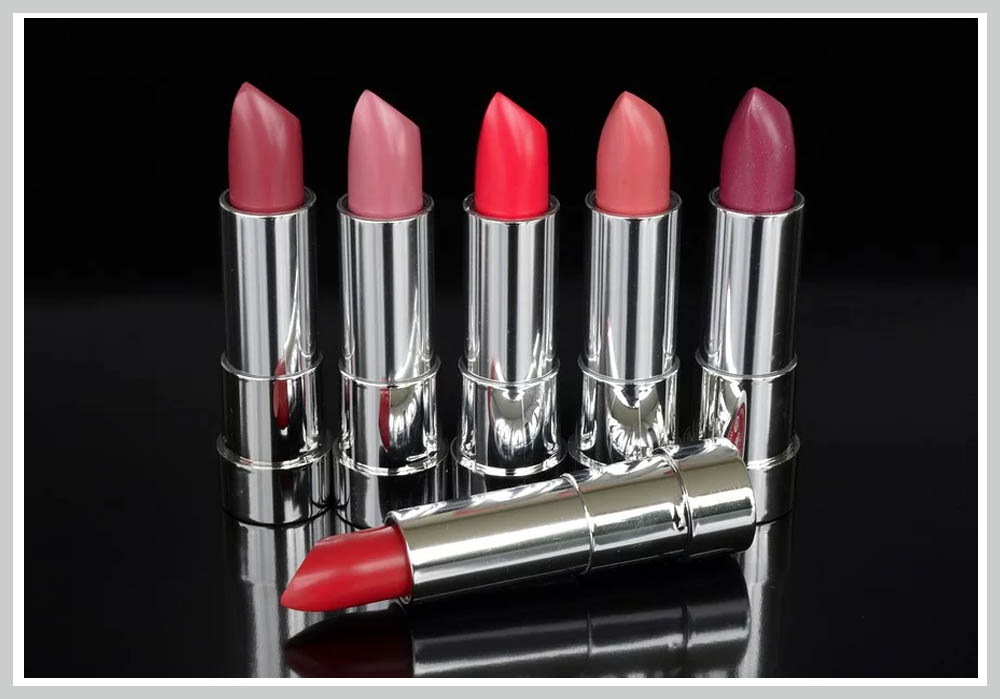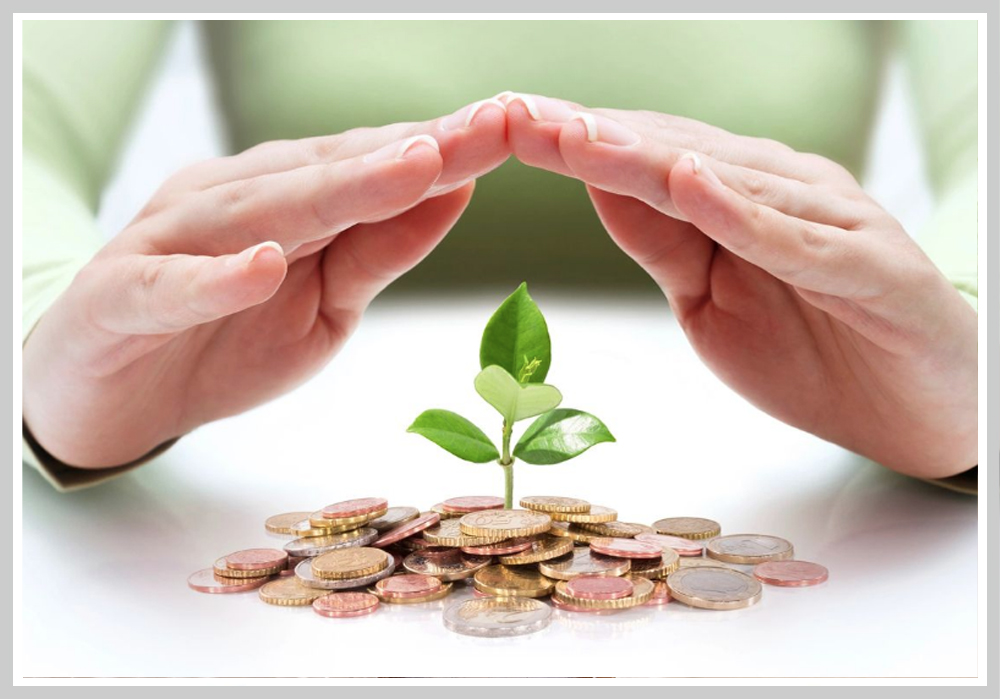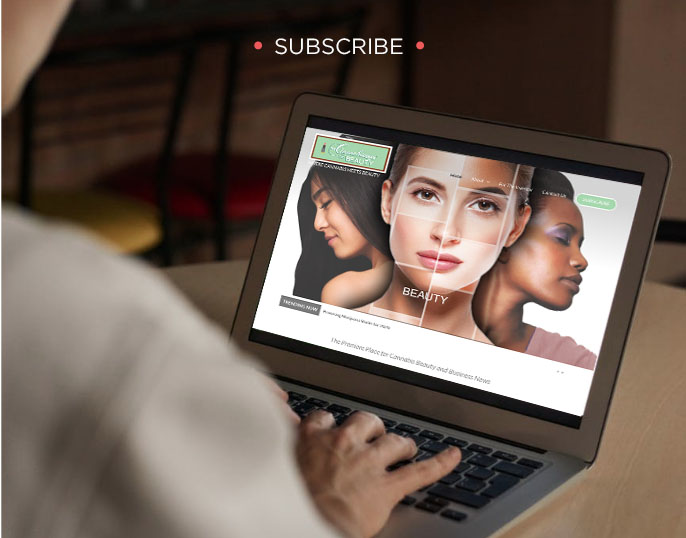Facebook's Secret Ban On CBD Ads Is Devastating Small Businesses
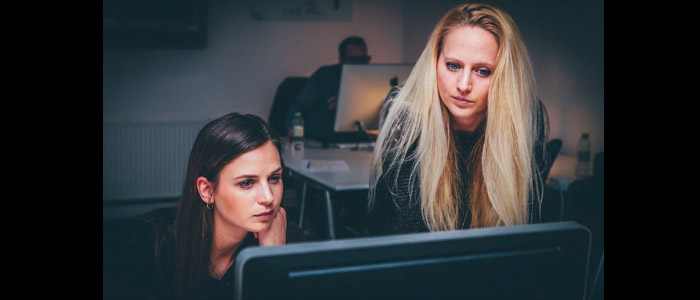
December 6, 2019
Facebook’s secret ban on CBD ads is devastating small businesses.
Jason Higgins spent the years after he left the military, following nearly a decade of service, struggling with post-traumatic stress disorder, panic attacks, a drinking problem and side effects from the prescriptions he had hoped would help him. It wasn’t until he discovered cannabidiol, or CBD — a plant extract with supposed healthbenefits including relief from anxiety and PTSD —that he felt like he’d found an option that was right for him.
So last year, when President Trump officially legalized hemp, Higgins decided to go into business selling hemp-derived CBD products with a fellow Navy SEAL veteran. The financial prospects were great — market research suggests the CBD industry will hit $20 billion by 2024— giving Higgins the confidence to pour his life savings into launching a startup, Easy Day Hemp.
But there was a major obstacle he couldn’t foresee: sweeping censorship by digital ad giants.
As soon as their business was up and running, Higgins and his partner tried to run ads on Instagram and its parent company, Facebook, to promote their products. Not only were their ads immediately rejected, their entire ad account was shut down — the same penalty marketers could face for attempting to peddle OxyContin or other illicit goods there.
Higgins was stunned.
“It’s not like we’re selling something that’s illegal or dangerous,” said the 35-year-old, who lives in San Diego with his family. “It’s already hard enough to start a new business without Facebook stifling your company. How are we supposed to grow?”
Facebook’s public policies prohibit the sale of “illegal, prescription, or recreational drugs.” But CBD extract isn’t classified as a drug.
So what had Higgins and his business partner done wrong?
Secret CBD Censorship
Although hemp-derived CBD is legal, certain restrictions remain in place: It cannot contain more than 0.3% tetrahydrocannabinol (THC), the compound in marijuana that gets you high; it cannot be marketed as a food additive or labeled as a dietary supplement; and, as CBD is still under review by the FDA, sellers cannot make explicit claims about their products’ therapeutic benefits without first obtaining approval from the agency.
Higgins and other CBD business owners have taken great care to obey the law as it has evolved, but have struggled immensely to understand and abide by the much stricter, more secretive and inconsistently enforced ad policies of tech platforms that act as gatekeepers to mainstream digital marketing.
Facebook in particular makes no mention of CBD anywhere in its public ad guidelines, but it has an internal policy that specifically bans ads for CBD and ingestible hemp products, as The Verge first reported.
This secret rule goes far beyond the legal requirements in the U.S., and the consequences for breaking it can be extreme — even for first-time offenders: deplatformed CBD sellers who spoke to HuffPost described having their ad accounts or Facebook pages permanently deleted for unwittingly attempting to run noncompliant ads.
“It’s incredibly confusing,” said Aaron Nosbisch, a West Palm Beach, Florida-based entrepreneur who co-founded a startup selling CBD products in 2018.
Already aware of the serious difficulties other CBD advertisers had experienced on Facebook, Nosbisch was mindful from the outset to only run ads on the platform with vague descriptors that alluded to his products without actually naming them or mentioning CBD.
It worked — at first. He suspects his competitors grew envious of his ability to tiptoe around Facebook censorship and maliciously mass-reported his page, because after a little while, Facebook abruptly wiped out his ad account. He abandoned the startup a short time later.
“Facebook advertising was our main form of traffic,” Nosbisch said. “When you get banned, there’s not much you can do. You can’t get ahold of Facebook. No one will help you. You’re just locked out of one of the biggest digital ad platforms in existence.”
Facebook said its rules for CBD advertising are subject to change.
“We continue to gather input on our policies and how we can be more transparent,” a company spokesperson told HuffPost.
No Enforcement Oversight
Facebook has demonstrated a pattern of quiet discrimination against CBD brands with impunity. Late last year, it terminated the pages of CBD companies across the country without warning. After being questioned by the media about these removals in early 2019, it claimed that it had purged the pages “mistakenly” and vowed to restore them.
Facebook’s secret ban on CBD ads is devastating small businesses.
But the damage was already done.
“It was a huge bummer [that] Facebook killed our page right before the holidays,” Hannah Smith, whose family-run CBD shop was among the deplatformed accounts, told Vox at the time. “We had just come up with a whole marketing campaign for our new skincare line.”
Because Facebook and other digital ad giants are not government-regulated, victims of such discrimination only have one real (and often highly expensive) recourseoption: to sue.
That’s exactly what Felicia Palmer, the founder of Cannaramic Media Inc., decided to do after Facebook disabled her account for trying to run an ad containing information about CBD and her company’s then-upcoming online summit. She filed a lawsuit against Facebook in June accusing it of committing “unlawful censorship” causing “economic harm.”
In July, a small CBD outlet in Tulsa, Oklahoma, also joined six local medical marijuana dispensaries in suing Facebook CEO Mark Zuckerberg over his platform’s alleged discrimination against their firms.
But suing Zuckerberg isn’t an option for most people — especially small business owners who can’t afford to go through the courts. So although CBD sellers view Facebook as the primary market for reaching potential customers, many have reluctantly turned elsewhere in search of alternative ad spaces that will accept their business.
Yet with no real oversight of the digital ad industry, the rules vary from platform to platform — further complicating small business owners’ marketing strategies.
Google and Google-owned YouTube prohibit CBD ads entirely; Twitter accepts ads for topical CBD products in the U.S.; HuffPost’s parent company, Verizon Media, similarly accepts ads for topical CBD products on a case-by-case basis in Canada and the U.S. Unlike Facebook, each of these platforms makes its policies for CBD ads publicly accessible. Snapchat accepts some CBD ads based on specific criteria, but does not make this clear to advertisers in its public policies; TikTok and Reddit quietly ban all CBD ads. LinkedIn did not respond to HuffPost’s inquiries about its policies.
The penalty for trying to run noncompliant ads for CBD products also varies from platform to platform, though Facebook’s pattern of immediately banning CBD advertisers’ accounts is by far the harshest, according to those who spoke to HuffPost.
“The real struggle for small businesses is finding sustainable ways to drive sales to their companies,” said Nosbisch, who now works as a consultant helping other CBD entrepreneurs. “When each platform has different rules and stipulations, it becomes a very costly endeavor.”
Facebook’s secret ban on CBD ads is devastating small businesses.
Desperate Measures
Facebook and other tech platforms’ ad policies for CBD products are so poorly understood that people have started selling courses promising to teach others how to navigate them. Some online trainings touting expert insights and insider tips cost close to $1,000.
With high stakes and scarce options, that may seem like a small price to pay for CBD sellers who’ve seen their Facebook advertising prospects disappear — seemingly out of nowhere.
“Even when Facebook shuts you down and you ask, ‘What did I do wrong?’ they’ll usually be very vague and just say, ‘You violated our terms,’” said Matt Sibert, who runs a CBD marketing consultancy firm with his wife in San Diego.
“You can lose your [advertising privileges] or you can get kicked off Facebook altogether. You can lose everything you’ve built,” he added. “We wanted to help people avoid all these headaches … that’s why we work to help people launch compliant brands.”
One of the many options that experts like Sibert recommend to clients who’ve been banned from purchasing Facebook ads is influencer marketing — paying a popular social media figure to promote a product to their followers.
Higgins is using this strategy to try to get the word out about Easy Day Hemp to other veterans. But with limited success so far and no ability to algorithmically amplify his advertising outreach to the billions of people on Facebook and Instagram, he has started to worry about what his family will do if business doesn’t improve.
“Aside from my disability paycheck, this is my only source of income,” he said. “Without the ability to advertise on these sites, we have to fight for every customer we can get.”
Source: HuffPost
Facebook’s secret ban on CBD ads is devastating small businesses.
